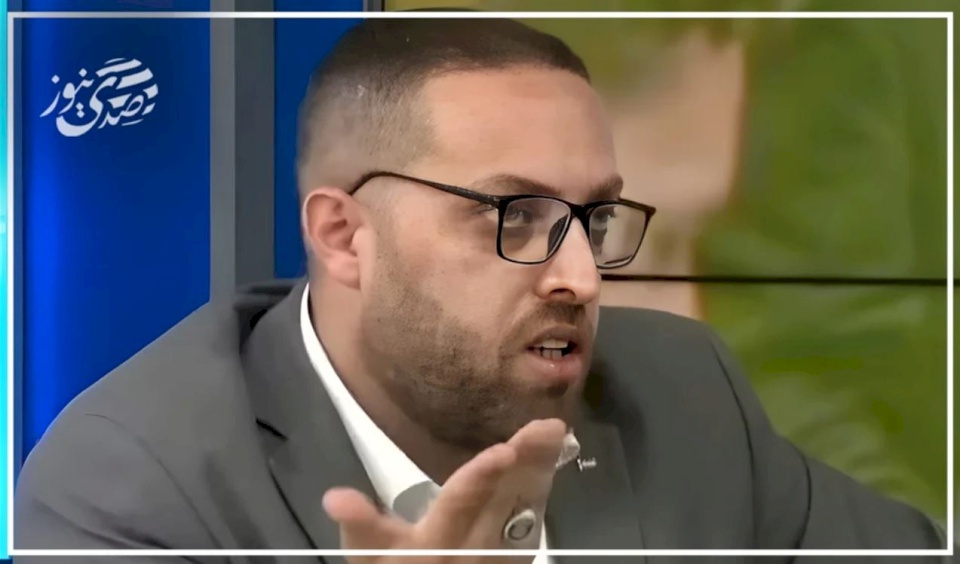
Are Arab Humanitarian Initiatives Enough to Save Gaza from Annihilation War?
Amid the worsening humanitarian tragedy in the Gaza Strip, Arab initiatives have emerged as one of the most prominent forms of action to confront the disaster that Gaza is experiencing, as it has turned into a city of skeletal remains ravaged by the war of extermination and starvation. Despite the apparent momentum of some of these initiatives, they have so far remained within the framework of temporary relief efforts aimed at alleviating human pressure without addressing the root causes of the catastrophe.
Among these initiatives, the Moroccan royal initiative stands out by sending field aid to the sector, in addition to the recurring efforts made by Egypt and Qatar through mediations aimed at achieving a ceasefire and providing humanitarian corridors, as well as air-drop initiatives involving Jordan, Egypt, and the UAE. These steps reflect an Arab awareness of the magnitude of the disaster, but they simultaneously lack a clear political vision and a unified stance capable of making a real breakthrough in the structure of the blockade or imposing a comprehensive halt to the Israeli war of extermination.
The Arab movements so far have been conducted under a low ceiling, focusing on improving aid distribution rather than ending the causes that led to this humanitarian collapse. These movements align, to some extent, with the international stance that focuses on managing the consequences of famine and population collapse instead of seriously addressing the crime of collective punishment faced by the inhabitants of Gaza. The remarks made by U.S. President Donald Trump regarding support for aid and cooperation with some Arab countries have not been accompanied by any genuine commitment to halt the war or lift the siege; rather, they are used as a means to enhance his image in the context of leveraging the humanitarian file as a propaganda platform to achieve political and personal gains, such as promoting his eligibility for the Nobel Prize.
The existing Arab approach, based on emergency response, however noble it may seem on the surface, is likely to entrench a fragile reality that does not address the roots of the tragedy but keeps the population hostage, waiting for a shipment of aid or the opening of a safe passage, without guarantees for continuity or stability. In the absence of Arab leverage tools on the international stage, the Arab influence remains below the required level to confront the policies of occupation, which use blockade and starvation as instruments of war.
What Gaza needs today is not just a flow of aid but a qualitative shift in the Arab position towards a policy based on political action rather than just humanitarian relief. A policy that pushes for the opening of crossings under international supervision, presses in international forums to lift the siege and halt military operations, and connects regional and international relations and alliances with clear stances toward Israeli occupation and its savage policies in the sector.
Continuing to rely solely on humanitarian initiatives, without providing international legal protection for the residents of the Gaza Strip and without a binding political framework that ends the siege and halts military operations, will only deepen the ongoing extermination war. In fact, there is a real danger of Gaza entering a more violent phase if Israel proceeds with comprehensive occupation, which is a plausible scenario amid the political and military escalation within the Israeli government.
It has become clear that the real solution requires a collective Arab effort that shifts from the logic of disaster management to the logic of imposing its end. Arab countries must recognize that any humanitarian initiative, no matter its size, will remain inadequate unless it is coupled with genuine pressure policies that force Israel and the world to treat the catastrophe in Gaza as a political and moral responsibility, not just a humanitarian crisis managed through aid and temporary ceasefires.

The Myth of Peace and Ceasefire in Gaza Strip

Khaled Al-Sayfī's Algorithms That Will Not Die

The Year of the Fall of the Illusion of Liberal Democracy in Israel

US-Iran Negotiations: What Comes After Istanbul...Cooling or Justification?

The Collapse of the Moral Compass: From Epstein to Gaza

China: A Global Leader in Clean Energy, Justice, and the Shared Destiny of Humanity

Who Rules the Palestinian Economy? The Citizen or the Donor?

